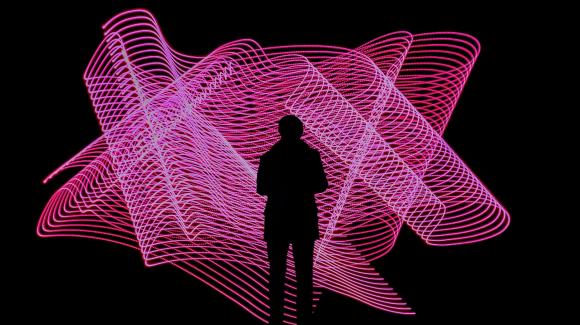
Events
CONFERENCE. Rethinking Social Justice in the Context of AI: Key Challenges
By
Published on
27 April 2022
, updated on
8 July 2022
Image

Organized in conjunction with the activities of the Social Justice and Artificial Intelligence Chair, supported by the Abeona Foundation, the École normale supérieure (ENS-PSL) and the International Observatory on the Societal Impacts of Artificial Intelligence and Digital Technology (OBVIA), this conference will present the work of Karine Gentelet, the second recipient of the Chair. It aims to bring together researchers, policy makers, and civil society leaders from around the world to discuss the major challenges posed by artificial intelligence (AI) in a social justice framework.
Reflecting on both institutional and scientific perspectives, the Chair engages in a dialogue that seeks to define a pathway towards equity, justice, and diversity as well as to provide multifaceted and structural governance responses that promote social justice values within AI systems.
The conference will begin by examining the elements that should be prioritized in order to link AI to human rights protection frameworks, with a view to highlighting how proposed regulations address the current dichotomy between the two. It will also highlight ongoing efforts to recognize AI’s human rights implications and to consider solutions that aim to reverse the discrimination and invisibility of groups and communities that are being consistently marginalized by biased AI systems. We will also discuss topics ranging from power dynamics to social good, as well as representation and responsible practices. Our aim is to emphasize the importance of citizen participation, not only in developing concrete responses to the systemic effects of AI, but also in our ability to prioritize a human rights-based approach.
Given the pragmatic and scientific dimensions of this work, it can only benefit from the participation of public sector actors whose opinions, knowledge, and professional training will serve to enrich the debate on human rights in AI systems.
More on the conference:
- Date : May 31, 2022, from 9 AM to 6 PM
- Place : Amphithéâtre Jaurès, 29 rue d'Ulm, 75005 Paris
- Registration
- Program
Image

See also



Be the first to review this item, please login or register.
Sign-inRegister